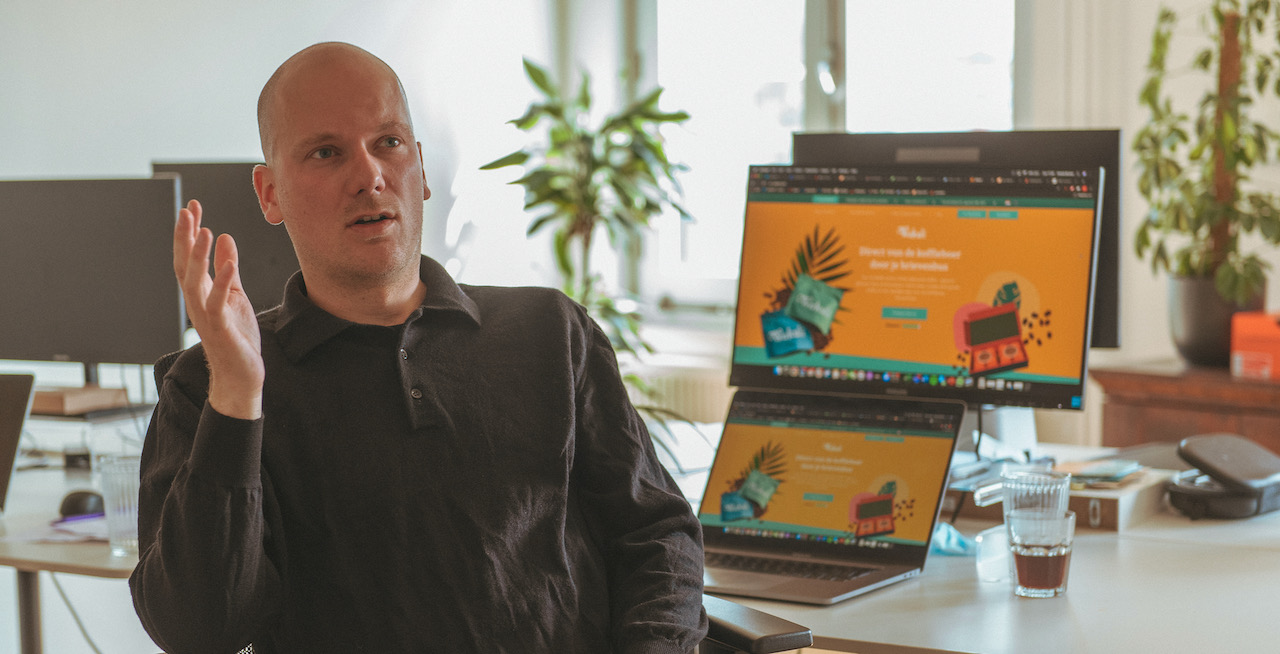
Reconnecting lost connections one more time. Coffee is connecting “the small world.”
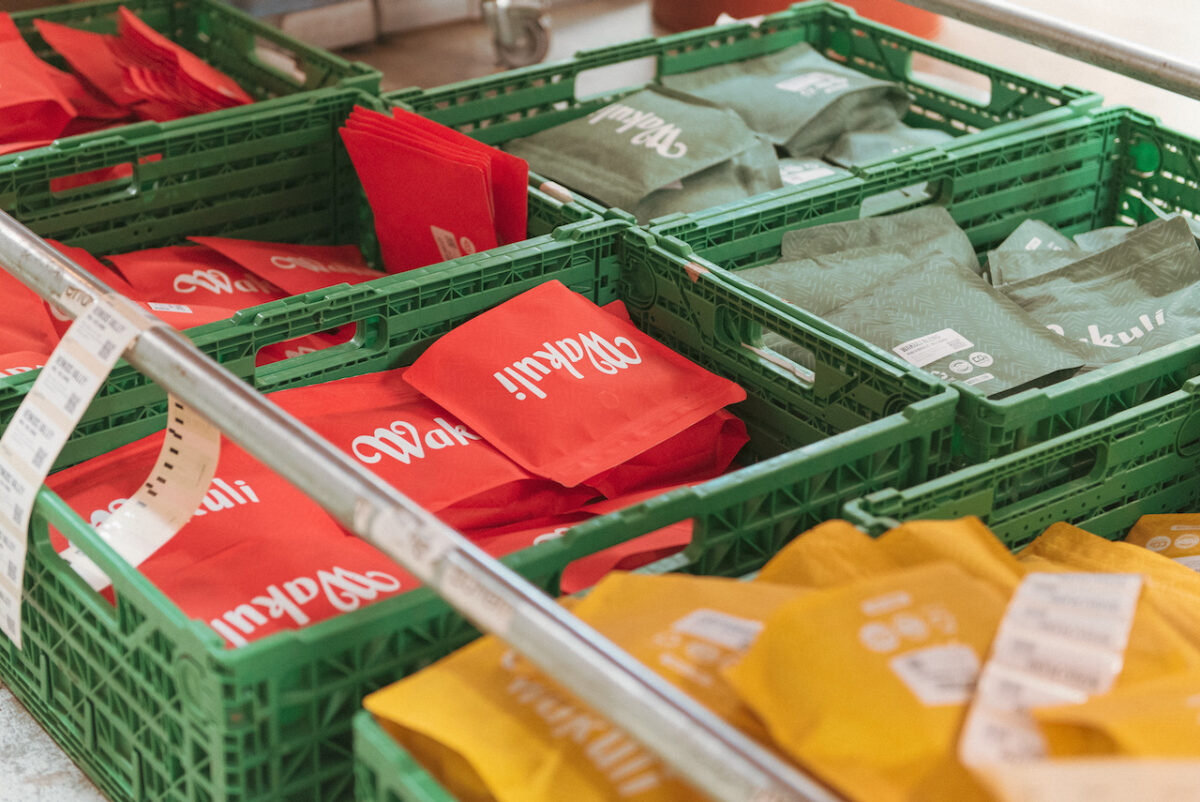
The specialty coffee market shares only 5% of the coffee market in the Netherlands. Wakuli started a Direct-to-Consumer business centered around subscription services in 2019 aiming for expanding the specialty coffee market. We spoke to Yorick, the founder of Wakuli, who believes that food and drink are not gasoline.
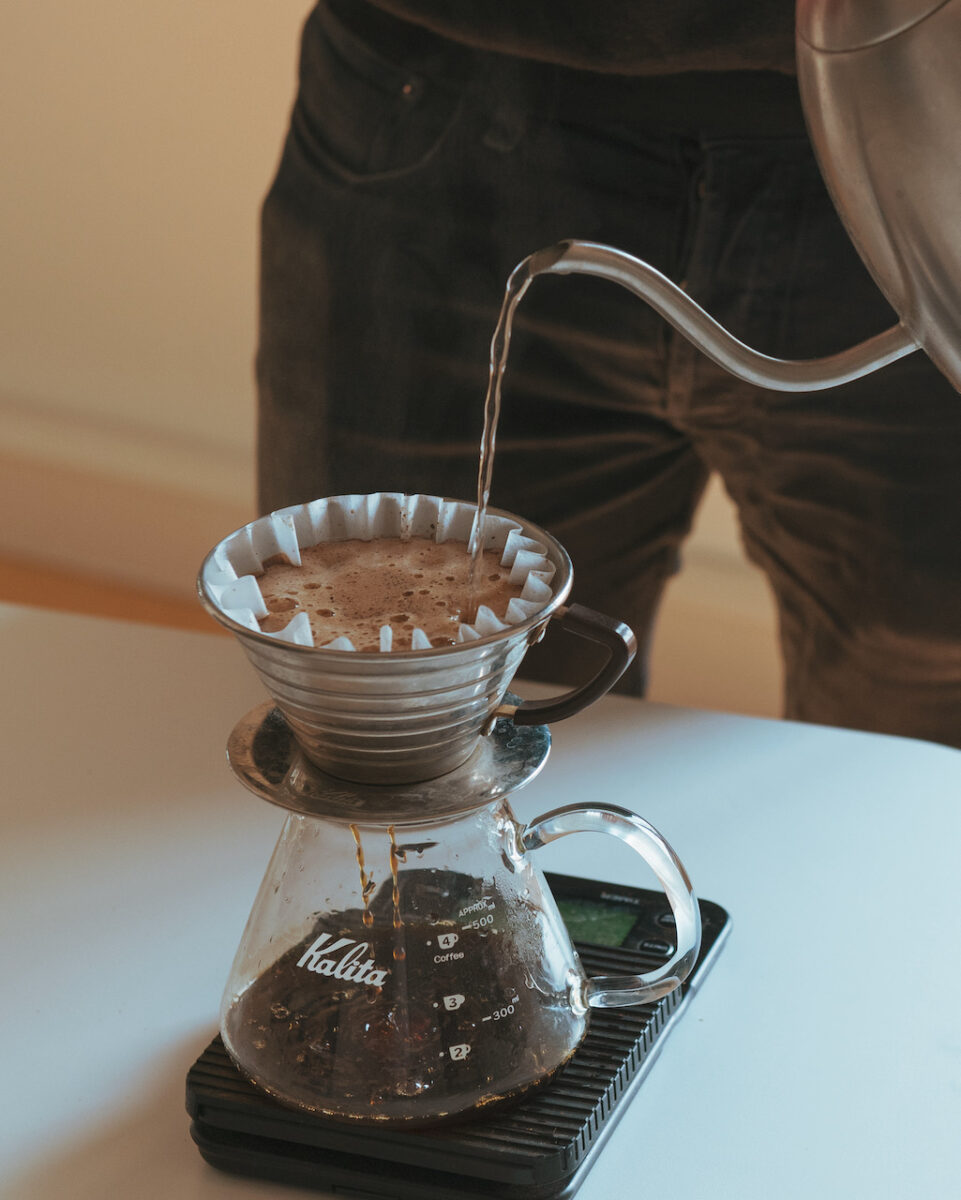
Coffees are versatile like wine.
Yorick was deeply moved by a cup of coffee he had in Ethiopia in 2010 when he was 20 years old.
Yorick states, “I thought, ‘This is what specialty coffee is all about.’ I had coffee, which had been produced and processed in the right method together with the producers. It was such a good memory to experience that and I felt that there is no better taste beyond it.”
“When I lived in Italy at the time, it was a custom for me to drink a shot of dark-roasted espresso as if it was medicine, so I guess there was a gap between the two different tastes. It can be sour, sweet, bitter, tangy, full-bodied, and so on. I felt that coffee with its diversity of flavors could be like wine.”
It wasn’t until nine years later that Yorick founded Wakuli and began the work to bring specialty coffee to a wider audience.
“I want every consumer to have access to specialty coffee and it doesn’t have to be from buying online from us. I want to make specialty coffee easier for people to buy and accessible to people who routinely buy poor-quality coffee from supermarkets,” he says.
“First of all, the share of specialty coffee in the Netherlands is only 5% of the total coffee market, so other stores that sell specialty coffee are not our competitors and we need to focus on the other 95%.”
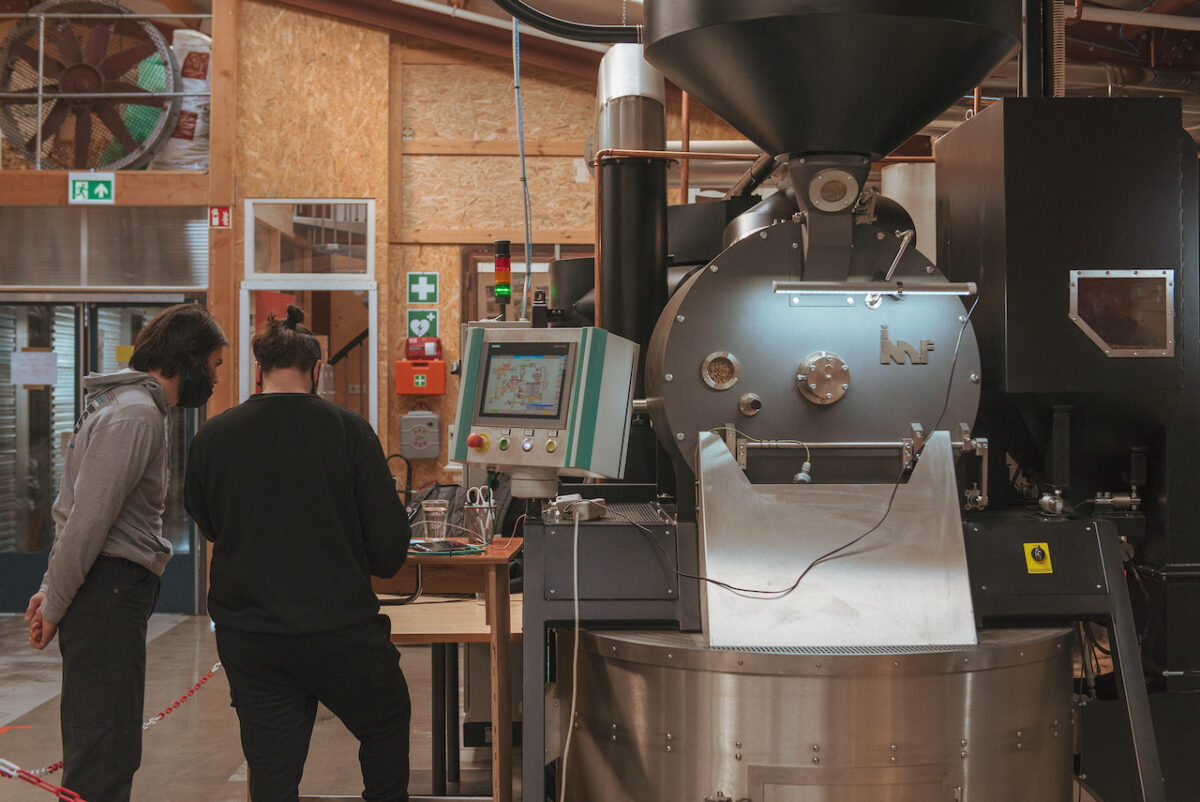
Wakuli limits its roast levels to only good quality specialty coffees with sweetness (medium omni roast; a roasting level to make coffee delicious whether it’s brewed by filter or as an espresso. It doesn’t choose a roasting method for general-purpose use) and sells it at a lower price than other companies. This is also to reach as many consumers as possible.
“We deliver coffee to more than 13,000 customers on a subscription basis once every two weeks and one of the things that really impressed me was the comments I received from the people in their 60s and 70s who said, ‘For the first time in forty years, I could drink coffee without adding sugar or milk.’ Other people said the same thing and there are also people who said, ‘I could taste fruitiness and sweetness in my coffee for the first time in my life.’ It’s very interesting to see that the world of coffee is expanding with a diversity of flavors,” Yorick states.

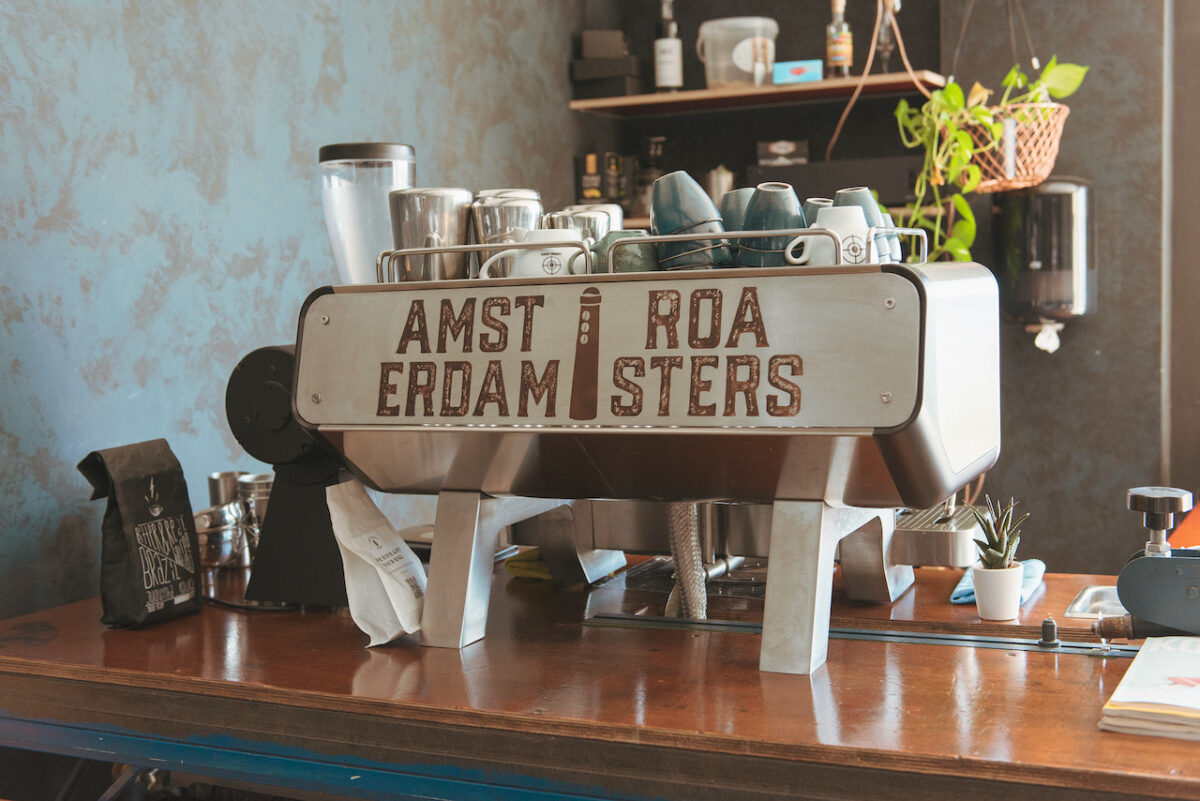
The structural problem, “Coffee doesn’t bring us money.”
Yorick was introduced to the world of specialty coffee through his work as a consultant with coffee farmers in East African countries. Yorick helped local cooperatives and farmers’ groups to obtain bank loans so that they could sell coffee at more fair prices for about two years from 2015.
“Coffee, like tea and spices, was brought over from Europe during the colonial period, and the supply chain is not transparent and not equal. The more I worked as a consultant and the more I learned about the challenges and true information of the coffee industry, the more frustrated I became,” Yorick states.
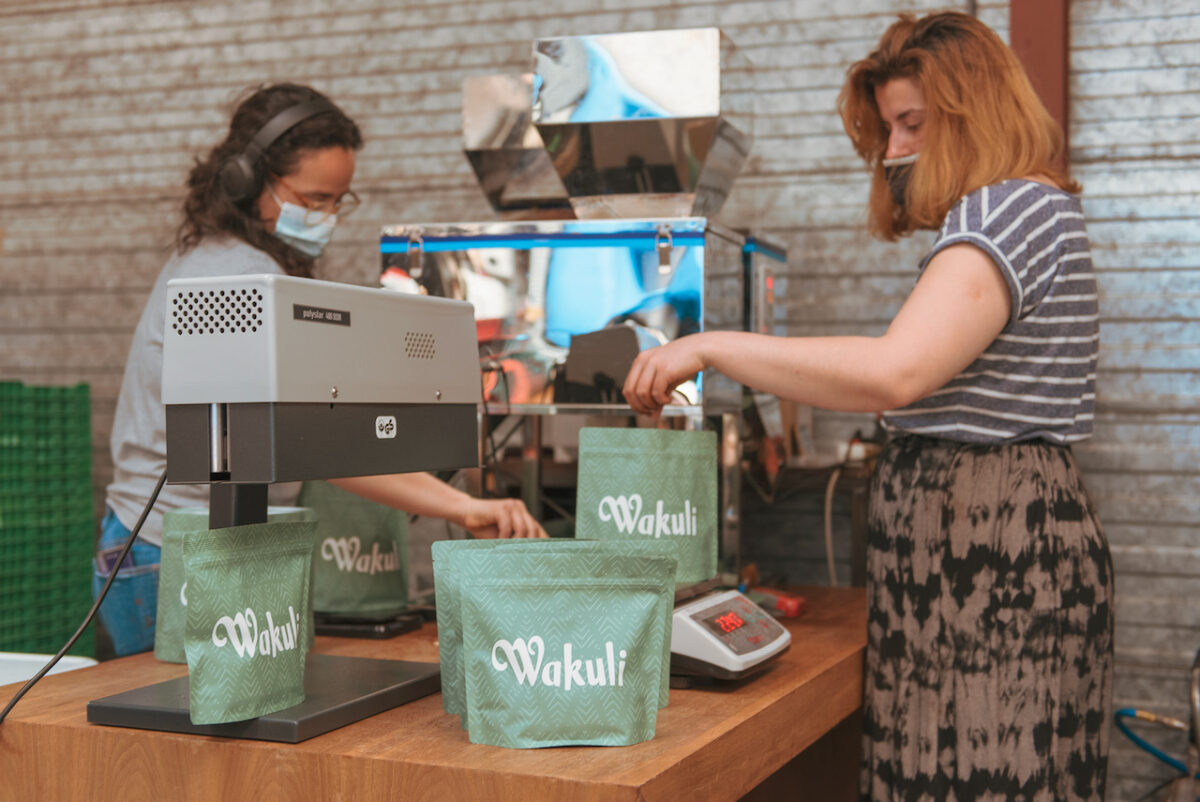
“Producers produce high-quality coffee, but they can only listen to local exporters and mediators. Even though a lot of effort and money is invested in the production process, consumers are only happy when they can get a high-quality product at a low price, yet the price of coffee in the C-market (commodity market) continues to fall. The contradictions in the industry were slowly becoming part of Yorick’s life and it was through the word of a friend, who has been running a farm for generations since 1930, that a spark was lit in Yorick’s heart.
The friend said, ‘We make high-quality coffee, but we don’t know where it goes, we don’t know who buys it, and we don’t know who drinks it. We can’t make a profit from coffee, so we’re thinking of pulling out the coffee trees and growing corn.’
Yorick says, “Corn is a crop that has no benefits other than simply being eaten. You can’t grow it to pay for your children’s education or to earn a living. To solve the structural problems of the industry, I thought the first step was to increase transparency through direct trade and build a more equally-footed supply chain.”

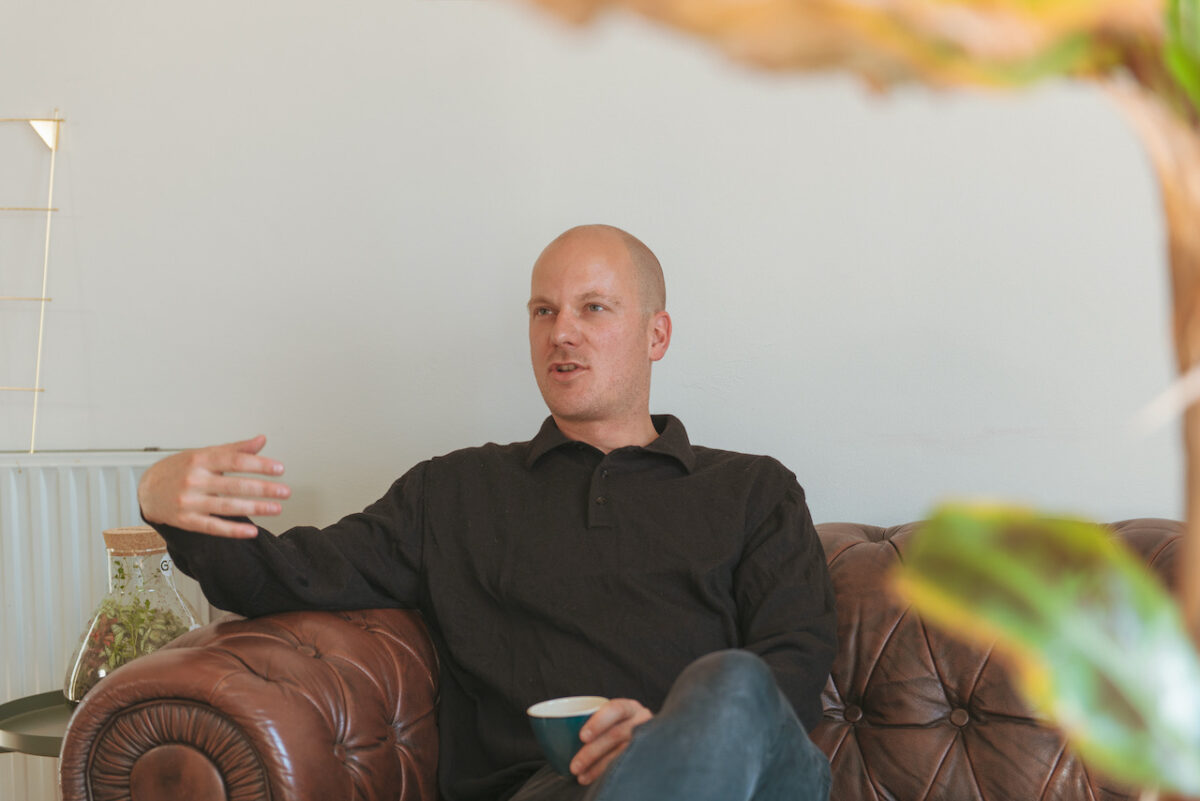
Coffee tastes much better when you know its origins.
While Yorick was trying to solve the economic problem of coffee not being traded at a fair price, he was also looking at the fundamental problem behind it.
“It looked like producers and consumers have no relationships with each other whatsoever. How connected are you to coffee producers in Peru or East Africa? The truth is they are inseparable, but we don’t feel the connections in our daily lives.”
“We may know about the history of coffee, but in many cases, we don’t know the names, faces, or where the coffee producers live. We don’t know what kind of children they have or what kind of stories they have. Some consumers tell us coffee derives from Italy.”
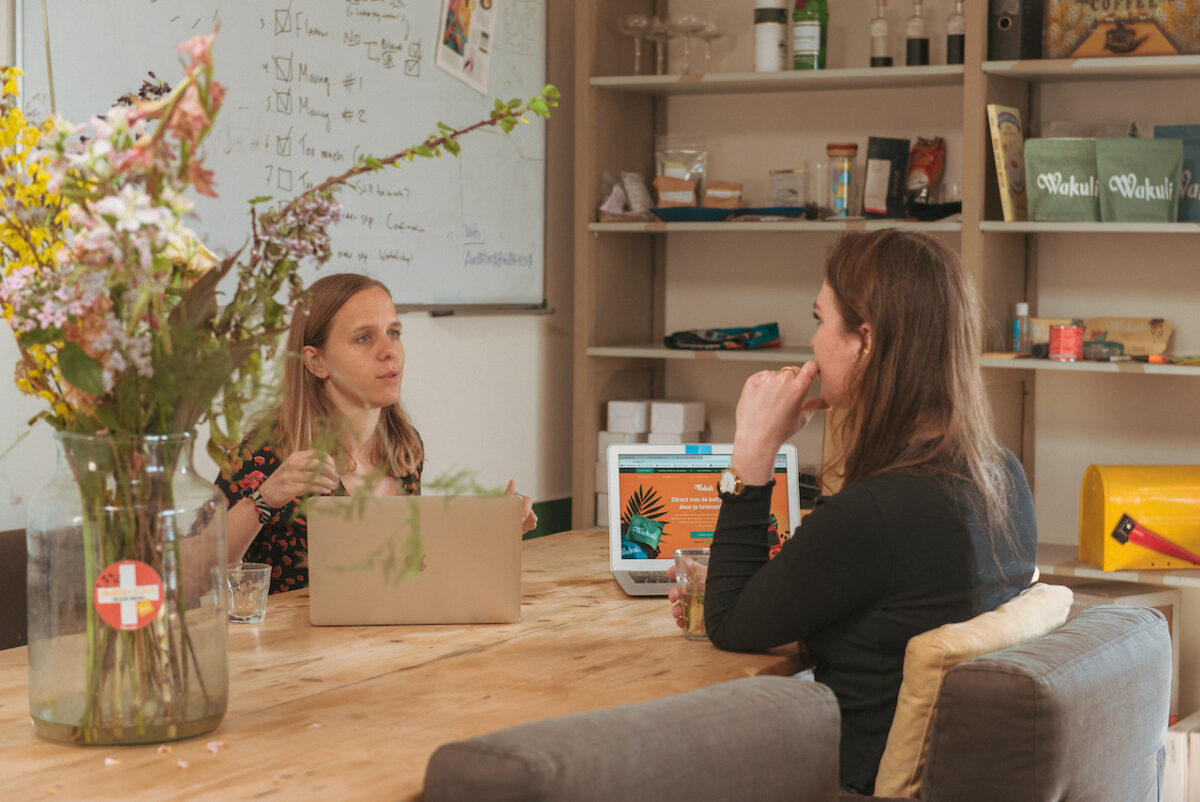
“Today though, we can connect with anyone through Instagram, Facebook, and WhatsApp. It’s a challenge for me to build a bridge between these two worlds that seem so far apart. The more we connect producers and consumers and let them interact with each other, the more interesting the world will become. I believe that coffee tastes much better when you know the producers just like the best coffee I once tasted in Ethiopia,” Yorick states.
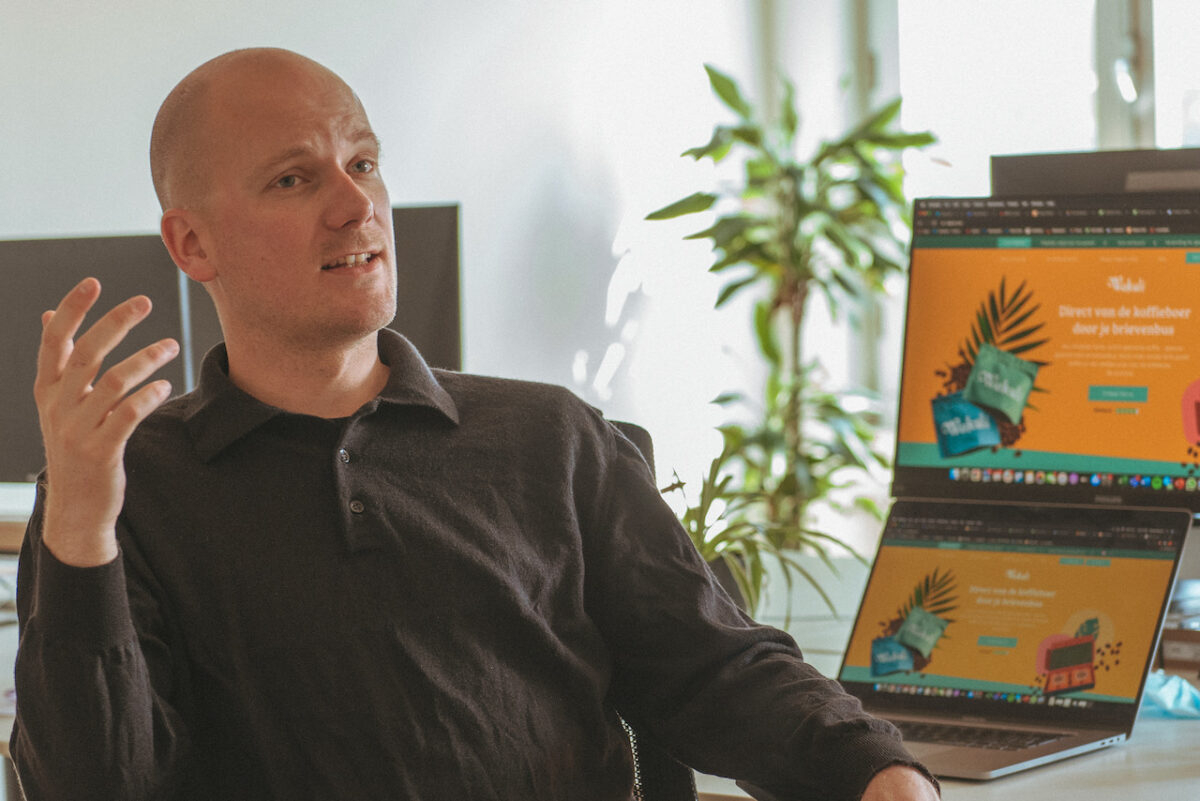
Interest and curiosity make life more enjoyable.
Yorick himself no longer drinks coffee without knowing the name of the producers. He visits a farm in the suburbs of Amsterdam at least once every two weeks to buy fruits and vegetables saying, “I try to have some kind of connections with the producers as much as possible.”
For Yorick, the Wakuli business is everything he thinks about. An online platform called ‘My Wakuli,’ which he built to connect as many producers and consumers as possible together is a members-only online community.
It provides a two-way exchange of messages and videos from producers to consumers as well as questions and feedback from consumers to producers. The platform also provides content that allows people to learn more about the producers and coffee brewing methods to deepen the connections between the two parties.
Yorick states, “We plan to create a system where producers can interact with each other online. We are only in our second year of business, so we are still developing different ways to do it.”
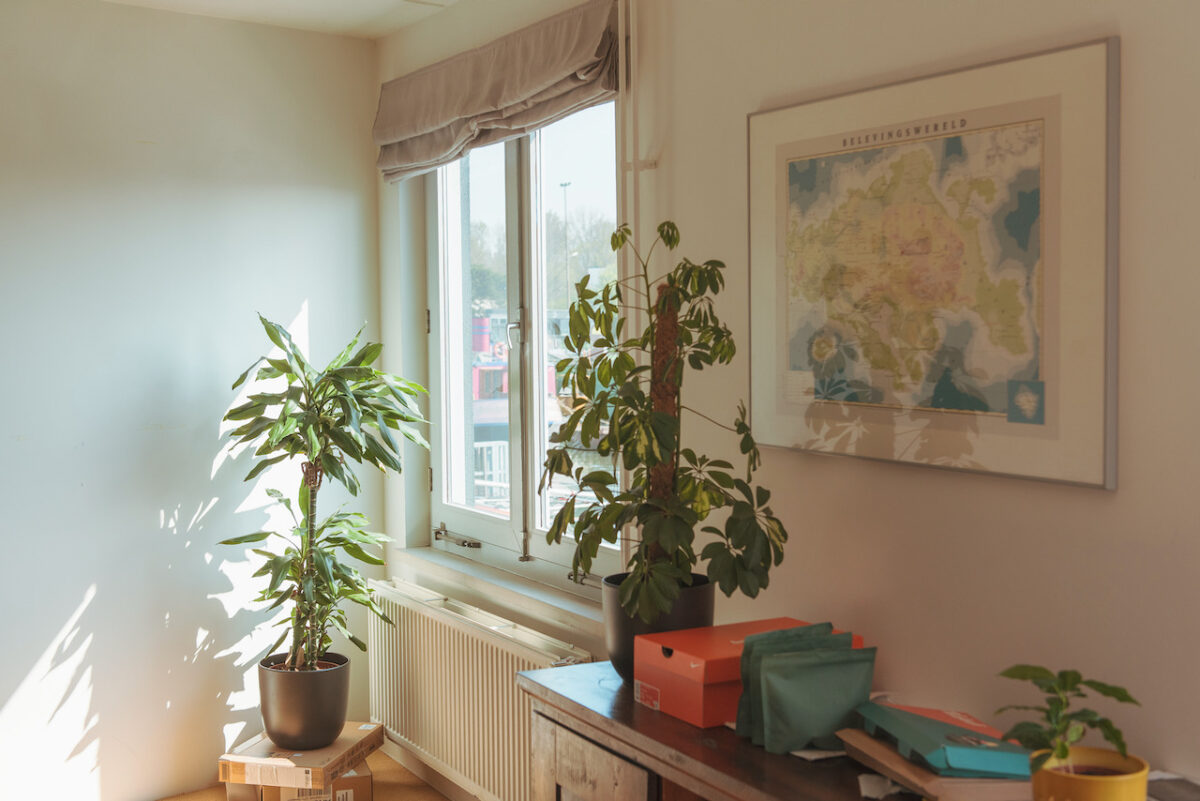
The platform may be paid off already because there are comments by curious and excited consumers to Wakuli. ‘I had no idea that coffee was produced in Myanmar,’ ‘I thought that Democratic Republic of the Congo was all about war torn country, but why are they producing coffee?’ or ‘The questions to what’s happening around the world became clear to me through coffee.’
“I don’t believe that everyone should know everything. I don’t know everything about coffee myself, but if you have a little interest and curiosity, life is more enjoyable. I think that what we eat and drink is not just gasoline, but something that creates a moment of connections,” Yorick states.
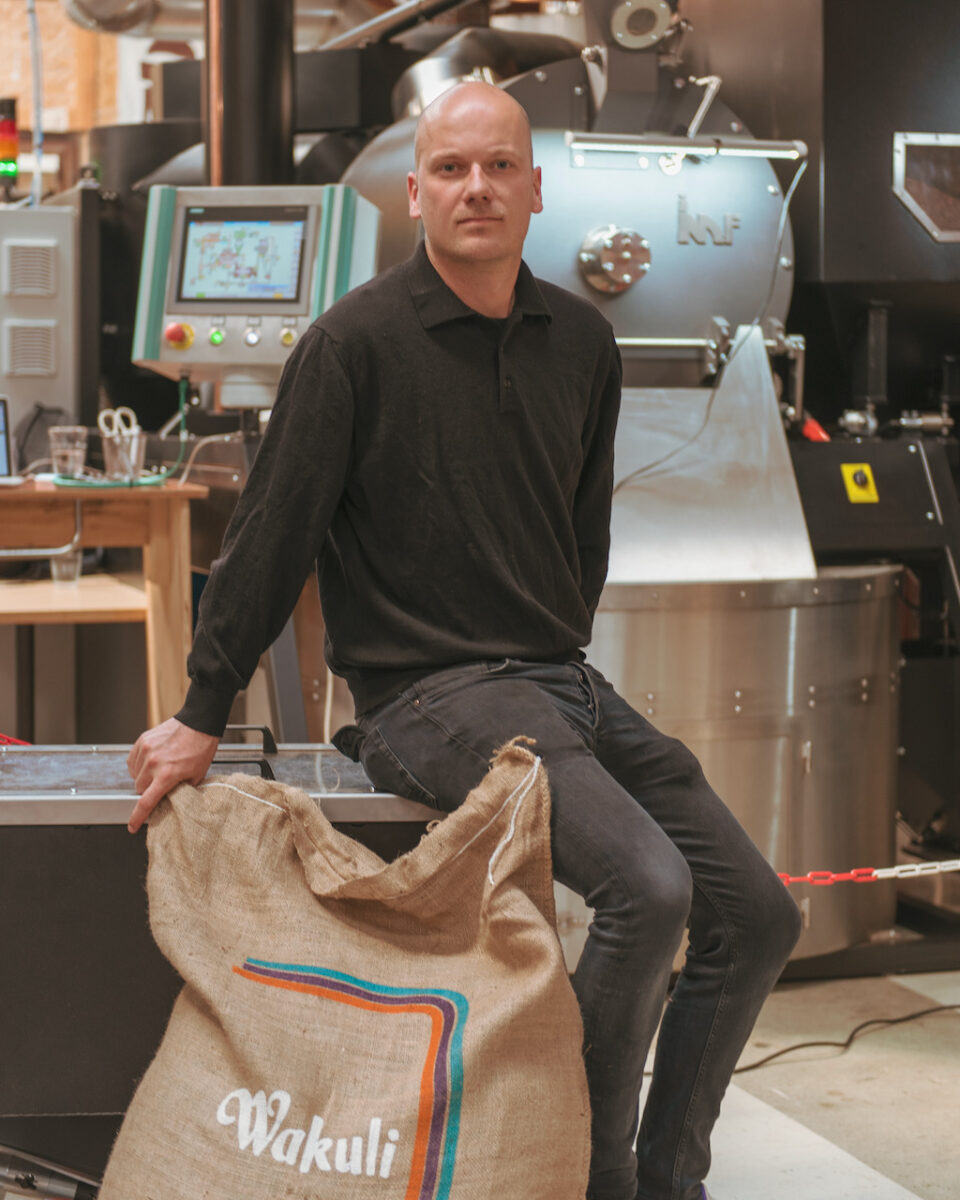
Finding values and meanings in his surroundings.
How is the food we eat and drink produced and where does it come from? Such a question dwelt in Yorick’s mind when he was working part-time as a cook in a restaurant in Amsterdam at the age of 18.
As his interest deepened, he came up with the answer; ‘direct trade of specialty coffee.’ Yorick’s philosophy lives on in the company name, Wakuli, which means farmers in Swahili.
Yorick states, “My dream is to make Wakuli a bigger company and become a farmer. I don’t know what I will grow, but at least I want to live close to farmland. I used to own a small farm where I kept a few animals and grew vegetables, fruits, and coffee. I grew up in the countryside and my roots are in the countryside indeed.”
The journey back to the roots of food is to re-examine finding values and meanings in his surroundings. The world that has been divided by civilizations and technology is being reconnected while utilizing civilizations and technology. Yorick’s way of life, in which he engages with the contradictions and challenges of society with his balanced stance, asks us to question the origin of life.
Originally written in Japanese by Tatsuya Nakamichi.
MY FAVORITE COFFEE
“I feel the happiest when I have a cup of coffee with my colleagues at the beginning of the day. We smell the aroma and talk about why we chose the coffee we did and what we think about it. Even if it’s just for a moment, it’s great to have a conversation that everyone is focused on and talk about coffee together.”
